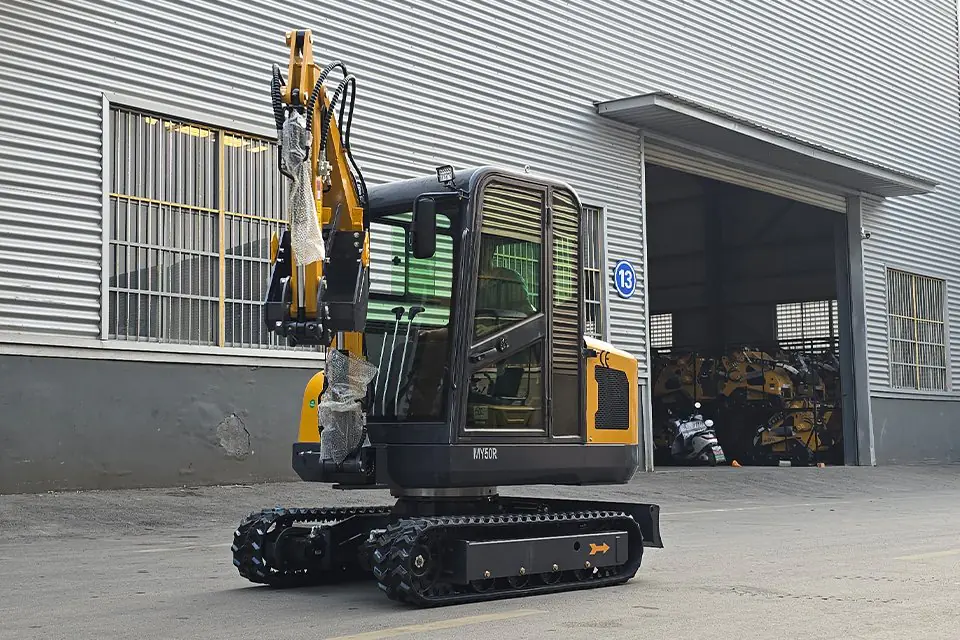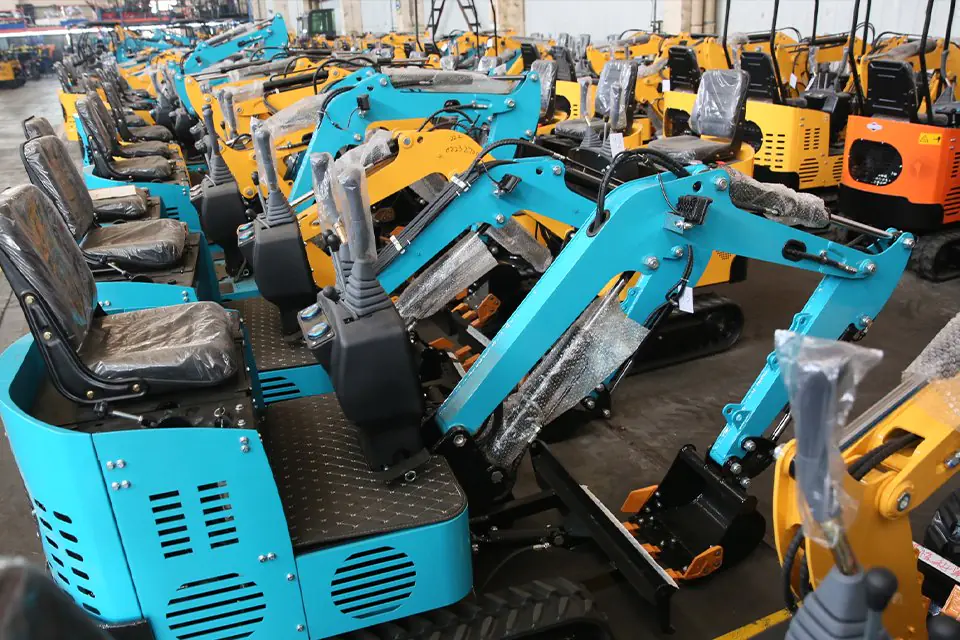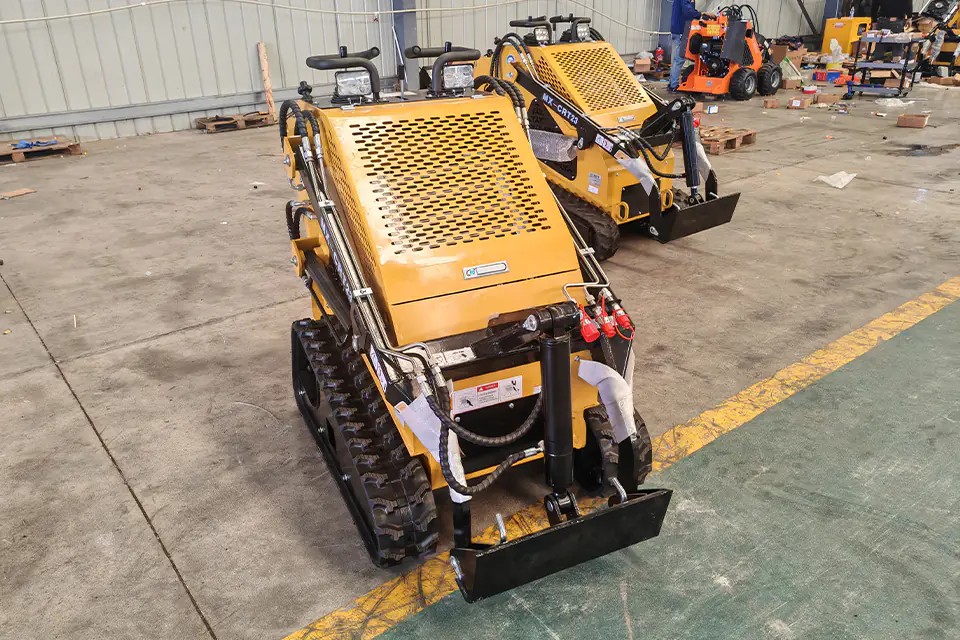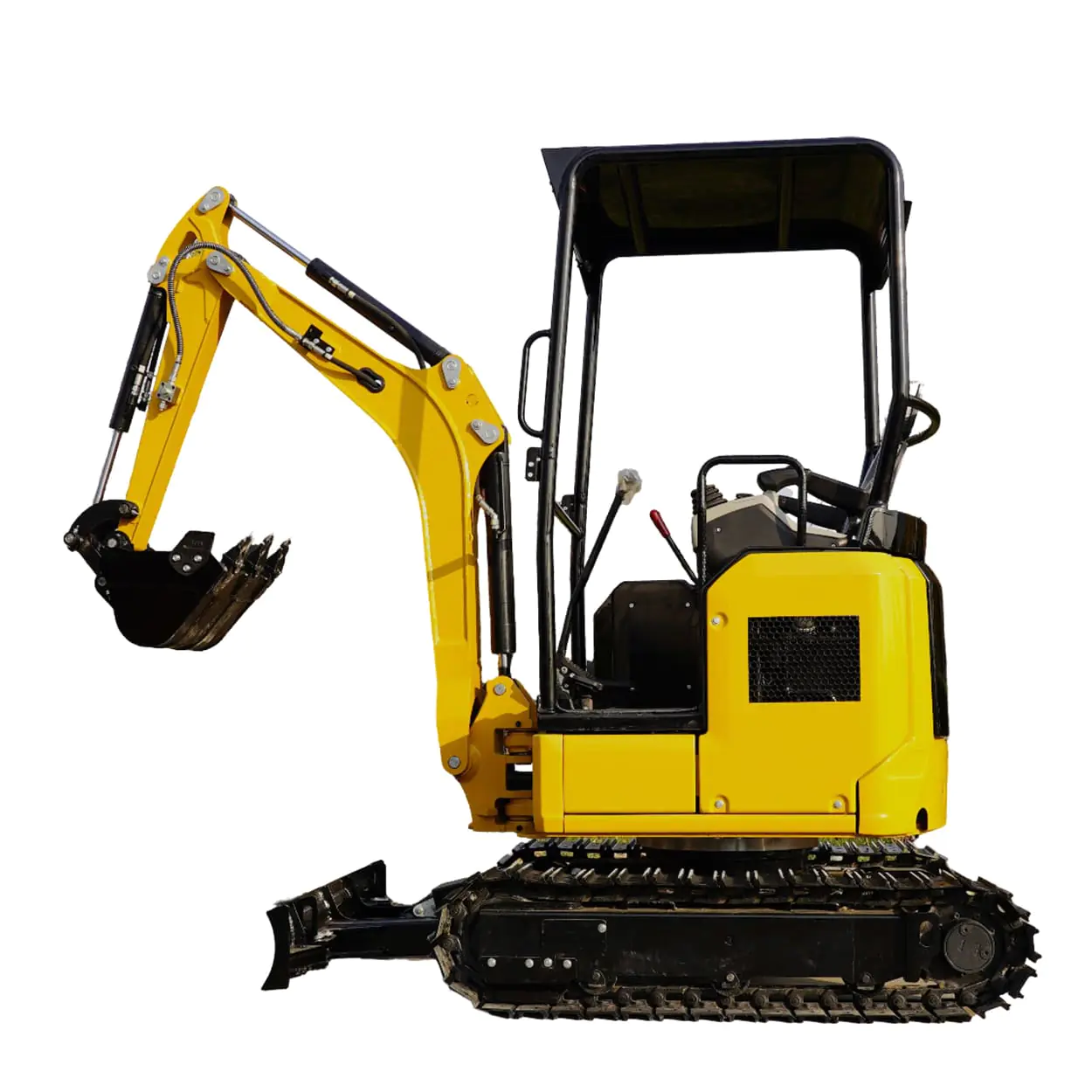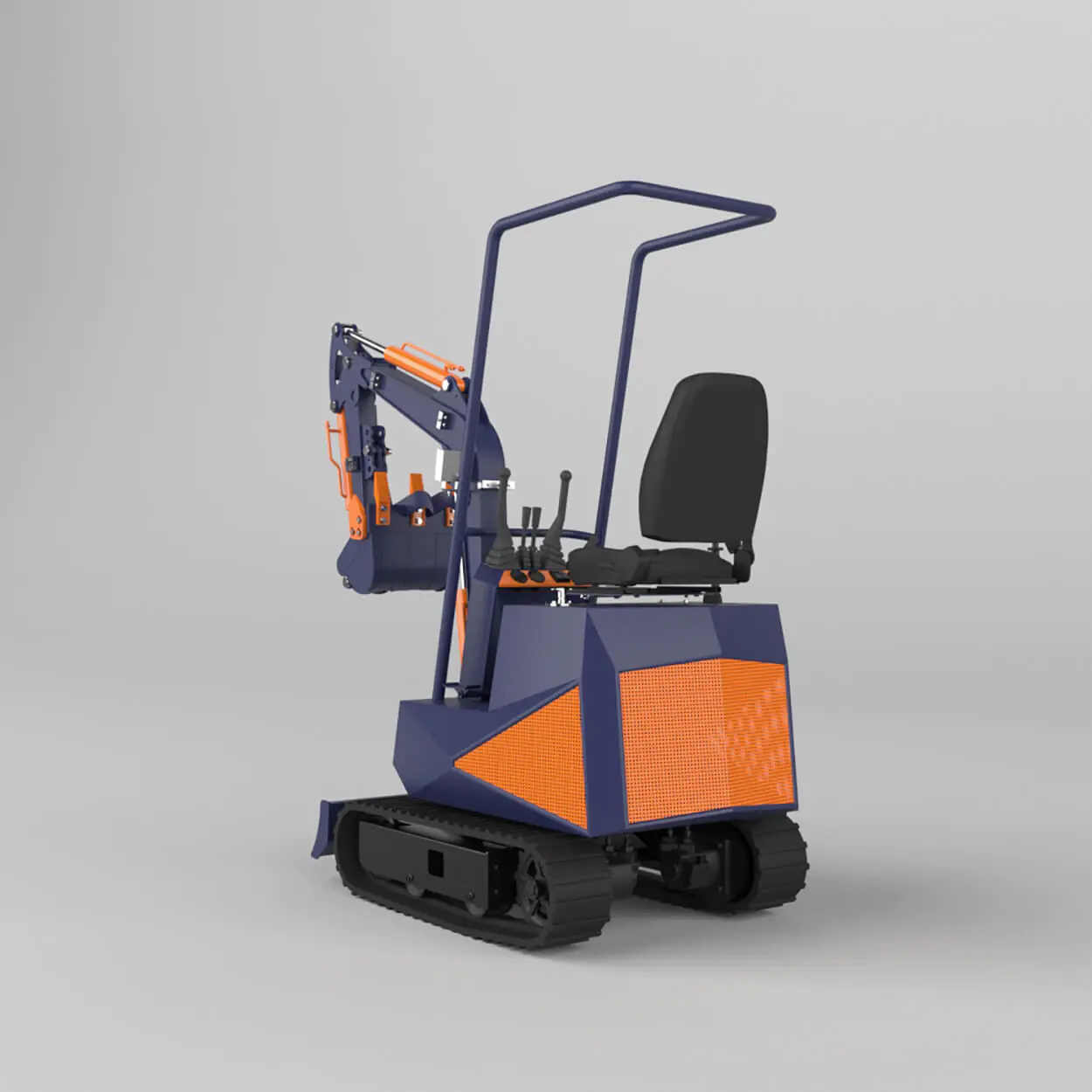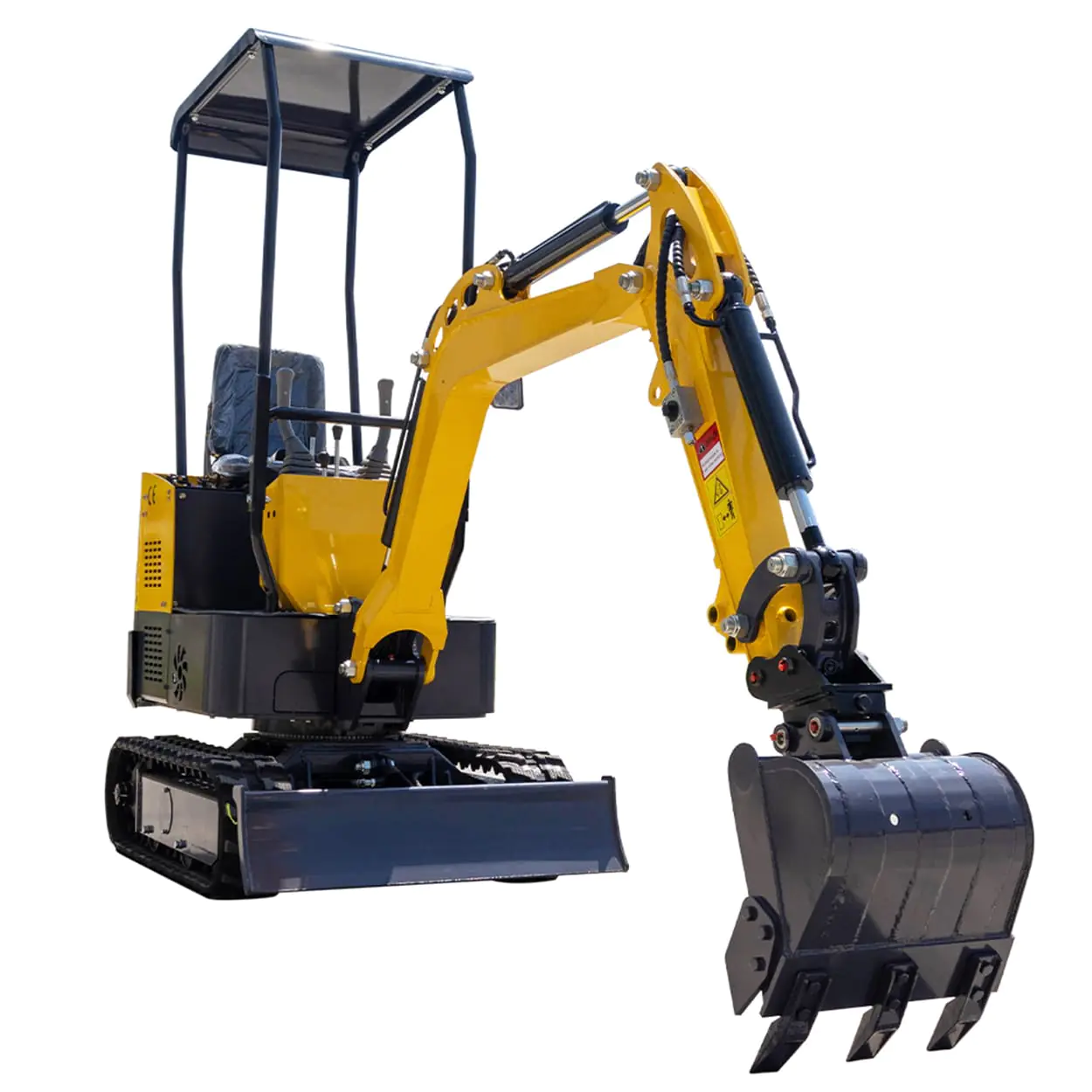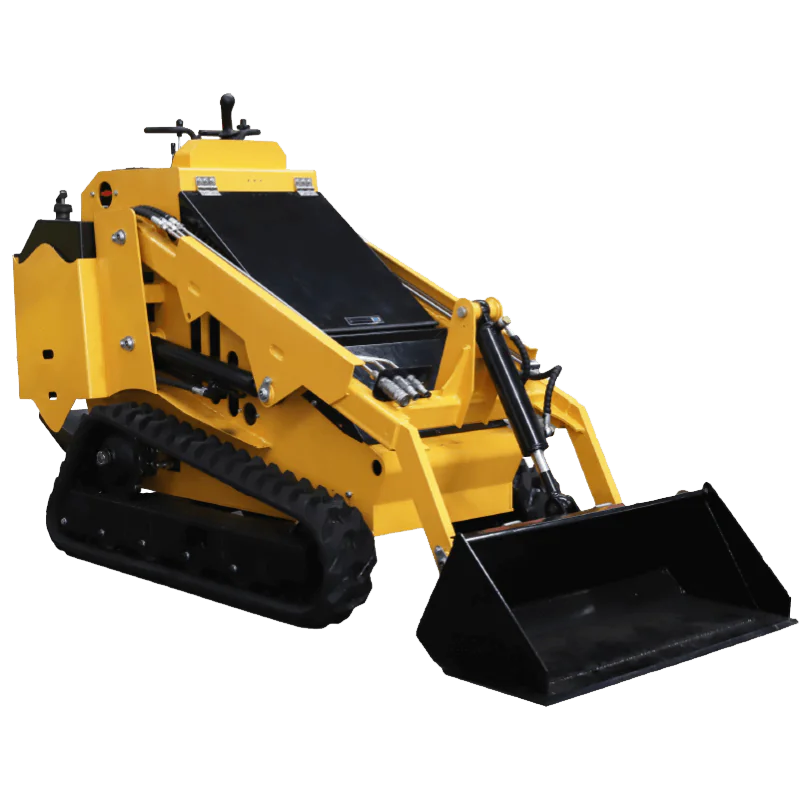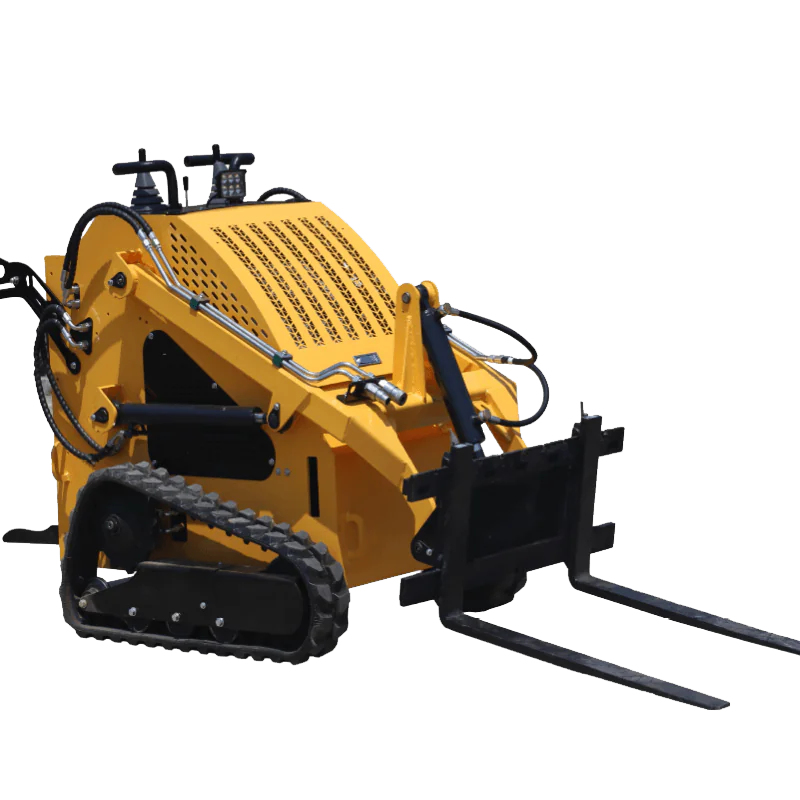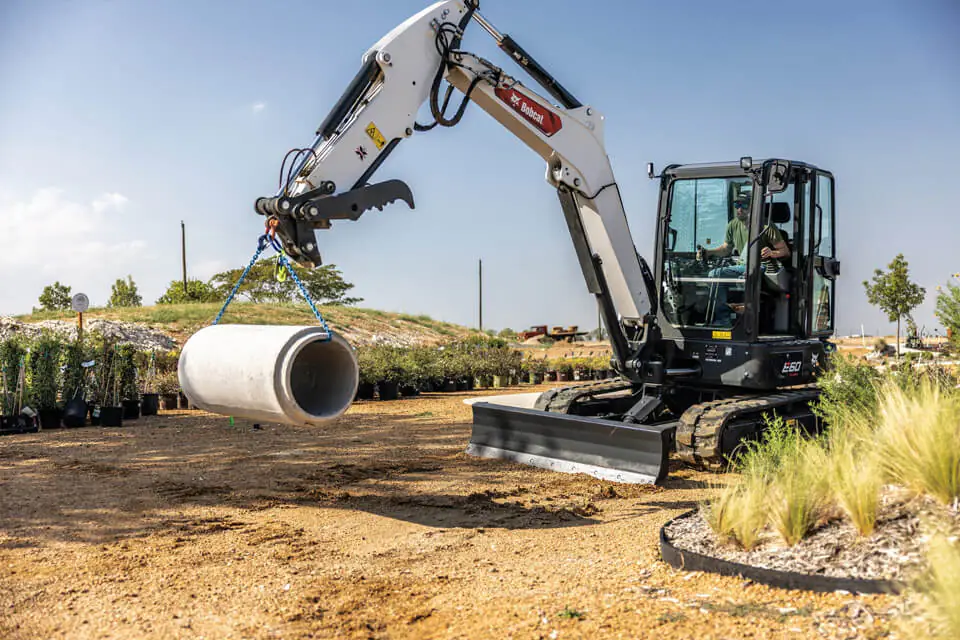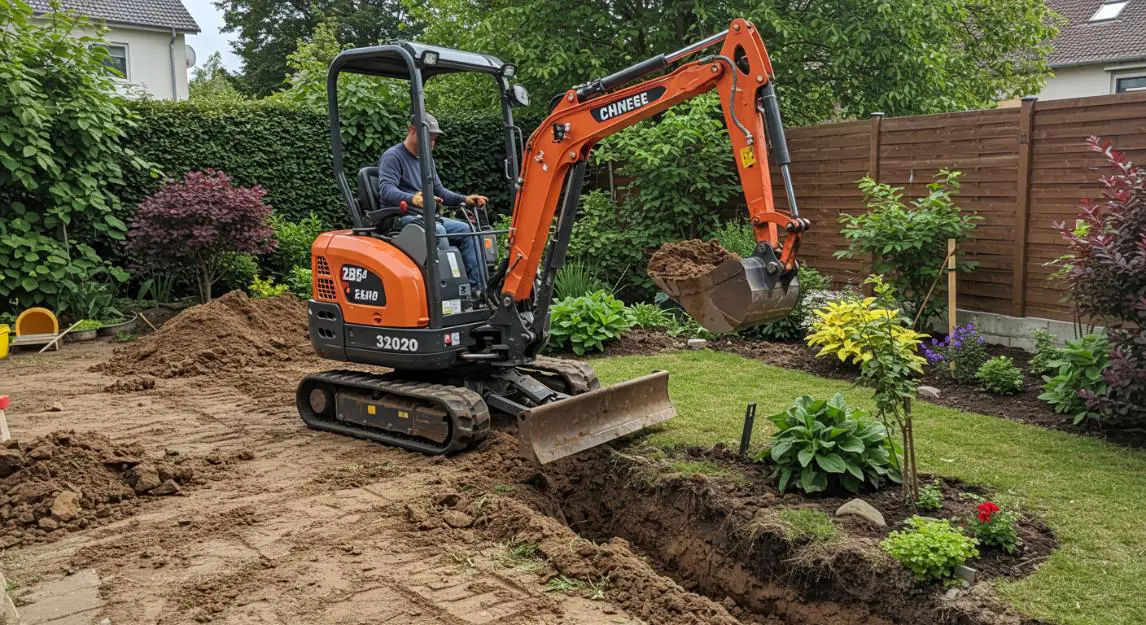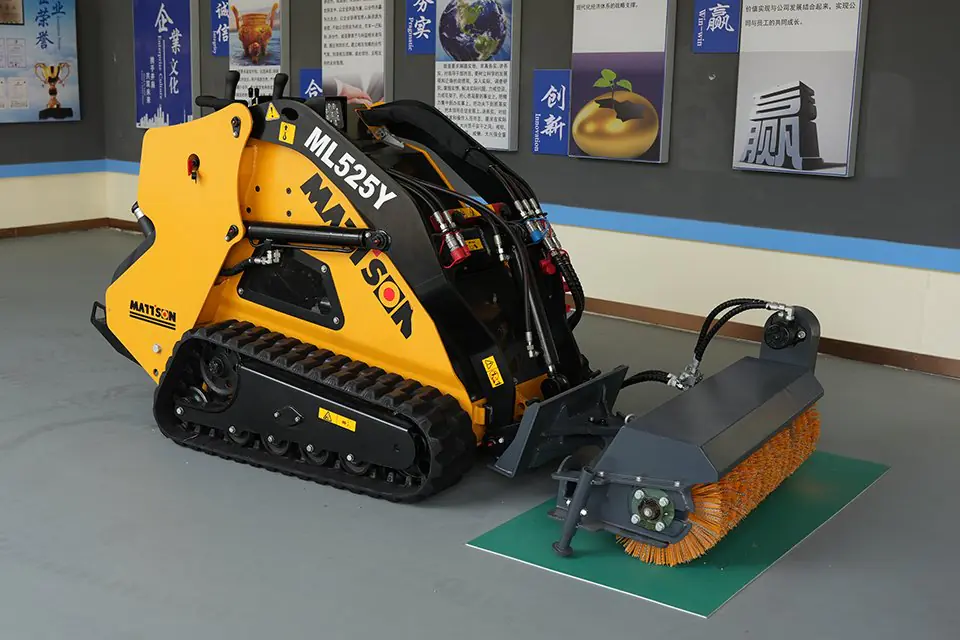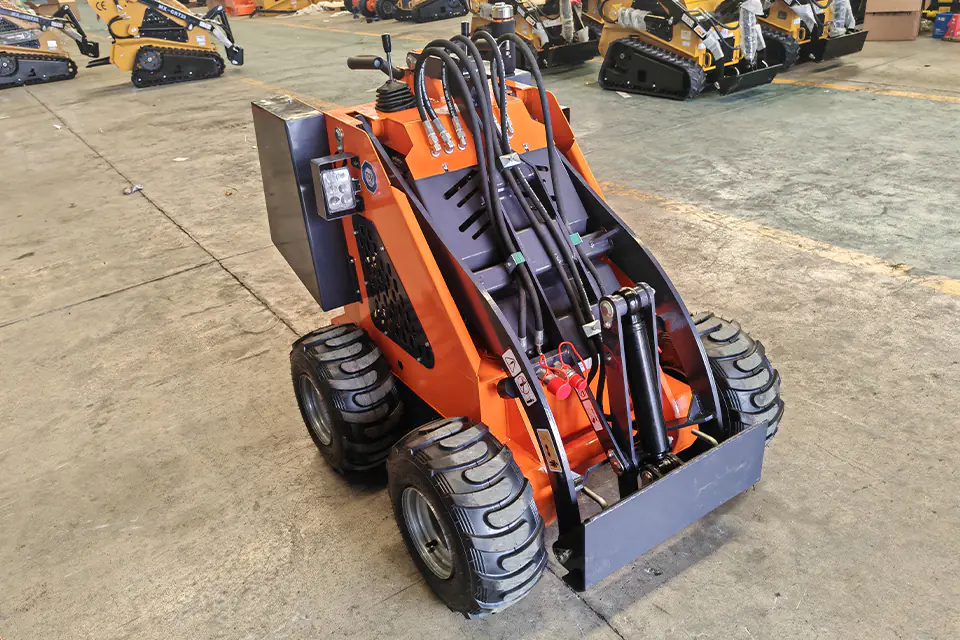Skid steers are versatile machines that have become indispensable in construction, landscaping, and agriculture. Understanding their specifications—like tipping load, Rated Operating Capacity (ROC), and lift capacity—is crucial for selecting the right machine for your needs. This article will break down these terms and explain why they matter, ensuring you make an informed decision when choosing a skid steer.
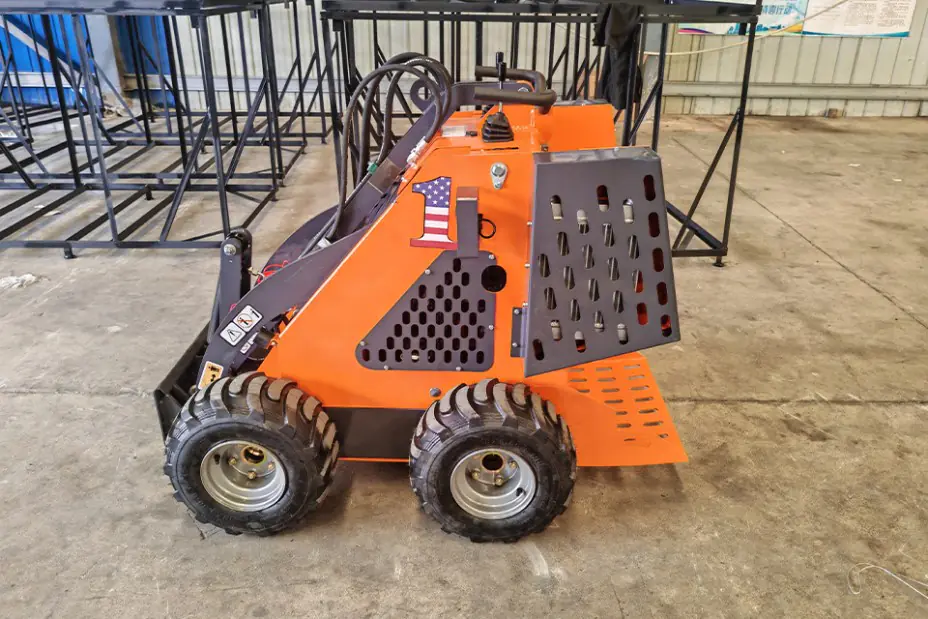
What Is a Skid Steer?
A skid steer is a compact, engine-powered machine with lift arms that can attach to a variety of tools and attachments. They are known for their agility and ability to turn within their own footprint, which is achieved by skidding the wheels or tracks on each side independently.
Skid steers are used for digging, grading, hauling, and many other tasks. Their versatility makes them a valuable asset on any job site.
Understanding Tipping Load
The tipping load is a critical specification indicating the maximum weight a skid steer can lift before it becomes unstable. This load is determined under specific conditions, usually with the machine stationary and lifting the load at a specific point in the lift cycle.
Knowing the tipping load helps operators avoid overloading the machine, which can lead to accidents. It ensures the skid steer can safely lift the intended weight without tipping over.
Rated Operating Capacity (ROC) Explained
The Rated Operating Capacity (ROC) is usually 50% of the tipping load for skid steers and 35% for compact track loaders. It represents the maximum weight the machine can handle under normal operating conditions.
Manufacturers rate ROC to provide a safety margin. For example, if a skid steer has a tipping load of 2,500 lbs, its ROC would be 1,250 lbs. Operating within this capacity ensures stability and safety during work.
Lift Capacity vs. Tipping Load: What’s the Difference?
While lift capacity refers to the actual weight the skid steer can safely lift, the tipping load is the point at which the machine begins to tip forward. Understanding both helps operators use the machine within safe limits.
- Lift Capacity: The weight the machine can lift during normal operations.
- Tipping Load: The maximum weight before the machine becomes unstable.
Bobcat vs. John Deere Skid Steers
Bobcat and John Deere are two prominent manufacturers of skid steers. Comparing their machines can help you decide which is better suited for your needs.
- Bobcat’s machines are known for their robust build and advanced hydraulics.
- John Deere skid steers often offer higher ROC and tipping loads.
Consider factors like torque, hydraulic horsepower, and attachments available for each brand to make an informed choice.
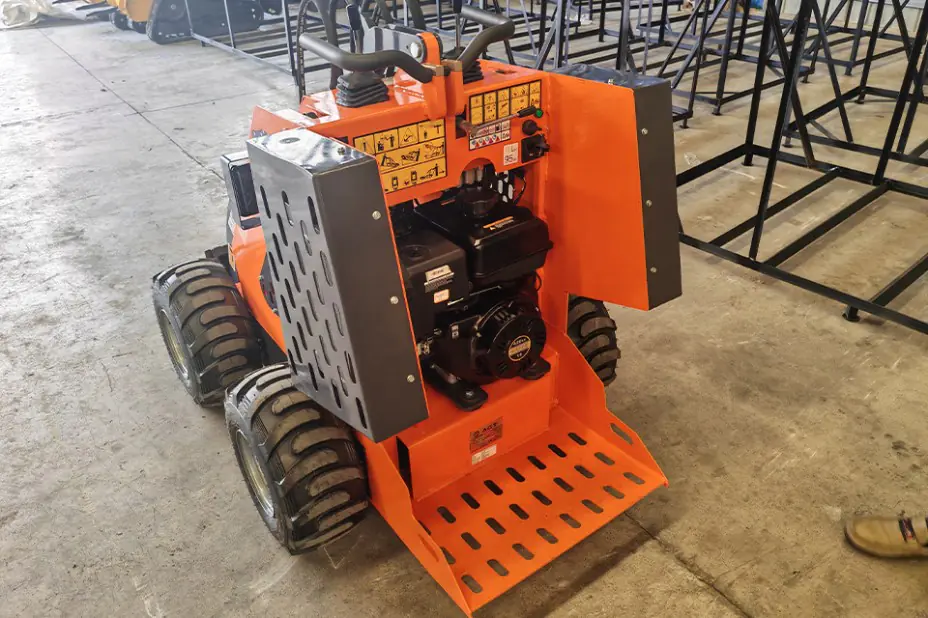
The Importance of Attachments
Attachments transform a skid steer into a multi-purpose machine. Common attachments include:
- Pallet forks for lifting and transporting materials.
- Augers for drilling holes.
- Trenchers for digging trenches.
Selecting the right attachment enhances the machine’s utility and efficiency on the job site.
Hydraulics and Horsepower: Why They Matter
The hydraulic system powers the skid steer’s attachments. Higher hydraulic horsepower means better performance, especially with hydro-mechanical work tools.
- Standard Flow Circuit: Suitable for most attachments.
- High Flow Systems: Provide additional torque and speed for demanding attachments like mulchers.
Understanding the hydraulic capabilities ensures you select a machine that can handle your required tasks.
Radial Lift vs. Vertical Lift Skid Steers
Skid steers come with two types of lift paths:
- Radial Lift: Provides better digging performance and is ideal for ground-level work.
- Vertical Lift: Offers increased reach and lift height, perfect for loading materials into trucks.
Choosing between radial lift and vertical lift skid steers depends on the nature of your projects.
Safety Tips for Operating Skid Steers
Operating a skid steer safely is paramount:
- Always stay within the rated operating capacities.
- Be cautious when lifting loads close to the maximum ROC.
- Ensure attachments are securely fastened.
- Perform regular maintenance checks on hydraulics and wheelbase.
Safety ensures not only the well-being of the operator but also the longevity of the machine.
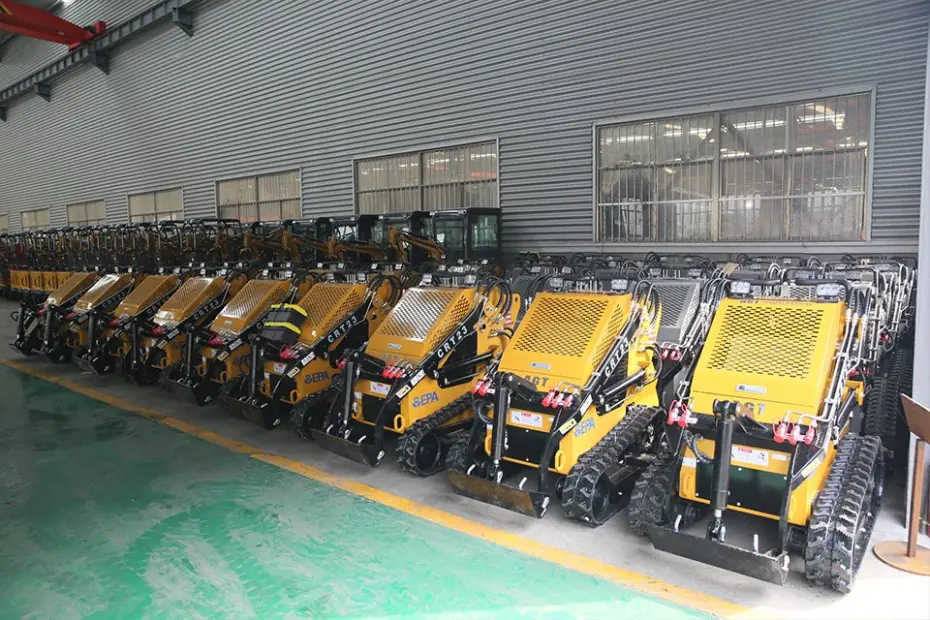
Frequently Asked Questions
Q1: What does ROC mean in skid steers?
A1: ROC stands for Rated Operating Capacity, indicating the maximum safe load the skid steer can carry.
Q2: Why is tipping load important?
A2: Tipping load helps determine the point at which the machine becomes unstable, ensuring safe operation.
Q3: How do hydraulics affect skid steer performance?
A3: The hydraulic system powers attachments and affects the machine’s torque and lift force capabilities.
Q4: What are common skid steer attachments?
A4: Common attachments include pallet forks, augers, and trenchers, enhancing versatility.
Q5: How do I choose between a radial lift and vertical lift skid steer?
A5: Choose a radial lift for ground-level work and a vertical lift for tasks requiring higher reach.
Summary
- Skid steers are versatile machines essential for various industries.
- Understanding tipping load, ROC, and lift capacity is crucial for safe operation.
- Brands like Bobcat and John Deere offer different advantages.
- Attachments and hydraulic systems significantly enhance functionality.
- Safety and proper machine selection based on lift paths are vital.
For more information on mini skid steer loaders and other equipment, check out our Mini Skid Steer Loader page.
